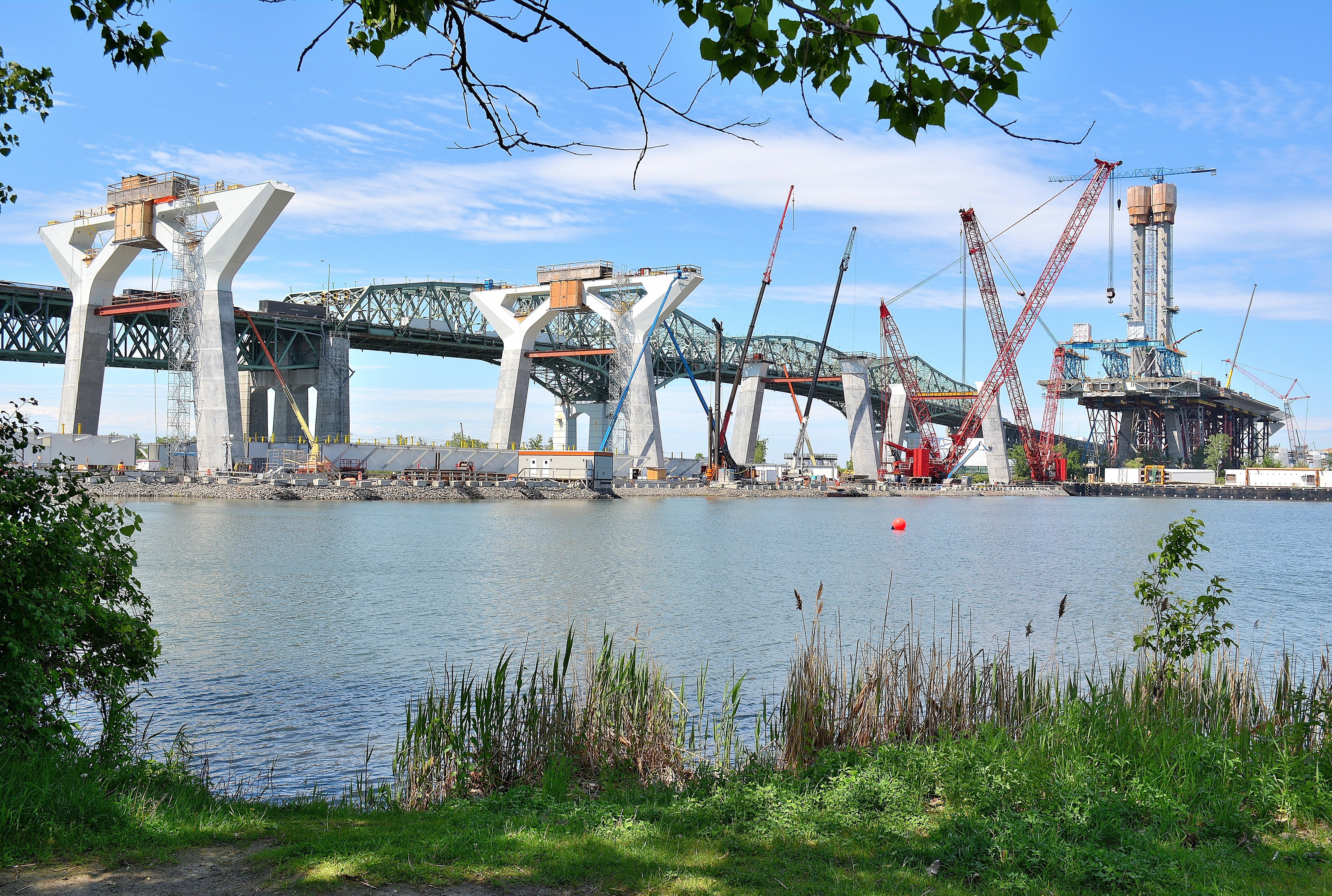Canada’s construction industry is embracing technology at a faster rate than ever – but the urgency is clear: labour shortages, project backlogs and national infrastructure demands are pushing firms to digitally transform, according to the 2025 KPMG-CCA digital maturity report.

Image courtesy of KPMG.
Canada’s construction industry, which averaged a 0.4% productivity gain per year until 2023, is under growing strain as demand surges for housing, infrastructure and public works.
In the report’s 2025 survey of 265 construction firms nationwide (including general contractors, engineering firms, subcontractors, suppliers and institutional owners) the sector confirmed a sharp labour crunch: 78% of respondents report current skilled-labour shortages – slightly down from 90% in 2023, but still “incredibly high.”
Moreover, 70% say the shortage is affecting their ability to bid on new work or complete existing projects on time.
At the same time, 73% expect demand to become even harder to meet over the next 5 to 10 years as retirements outpace recruitment.
As a result, Canadian contractors must “do more with less.” But the report finds many are finding a solution in technology.
Technology adoption gains momentum
A standout finding: 90% of construction leaders surveyed said technologies such as AI, analytics, BIM (Building Information Modelling) and digital twins can significantly boost efficiency and workforce effectiveness, up from 86% in 2023.
Even more, 81% of respondents report that their recent technology investments are already improving labour productivity and efficiency.
When asked about priorities, more than half (56%) identified technologies that support a demand-driven supply chain as their top focus, reflecting concerns about material availability and supply delays.
Other commonly prioritized technologies include prefabrication and modular construction (53%), AI and AI-driven software (53%), and – for a smaller group – robotics, drones or exoskeletons (40%) to support on-site productivity and safety.
According to the report, these technologies are not just incremental add-ons – they’re starting to transform how projects are designed, planned, procured and executed, with digital tools helping extend labour capacity, streamline supply chains and reduce reliance on overtaxed human resources.
Procurement, clients and the push for innovation
Interestingly, 78% of respondents indicated that procurement processes are beginning to change – evolving to encourage innovation and digital adoption. And 43% said client demands (project owners, institutional clients, public agencies) are “highly influential” in their decision to adopt new technologies.
That shift is significant: historically, the lowest-bid procurement model has discouraged long-term investment in technology. As procurement evolves, firms may finally find the confidence to invest.
Why this matters for contractors
For contractors facing a shrinking skilled-labour pool but growing workload, technology is becoming less of a luxury and more of a necessity.
Prefabrication, modularization, AI-driven planning, supply-chain analytics, digital twins – these tools help firms meet deadlines, reduce waste and cope with workforce pressures.
As procurement and clients demand more value – not just the lowest bid – early tech adopters may secure a competitive edge.
Investing now may pay off in labour savings, improved efficiency, reduced rework and better project delivery.
The bottom line
The 2025 KPMG–CCA digital maturity report shows Canadian construction firms are no longer treating technology as optional. With mounting labour shortages, growing demand for housing and infrastructure, and a shifting procurement landscape, many contractors are embracing digital tools, and seeing real benefits.
Still, challenges remain. Adoption is uneven, and long-term productivity gains require disciplined integration, training, and cultural change. For firms ready to adapt, though, the time to invest in digital maturity – from AI to modular construction – is now.
To download the full report, click here.
To view On-Site’s on-demand webinar featuring Jordan Thomson, Managing Director in KPMG’s Global Infrastructure Advisory group, and Kenny Leon, Vice-President of Marketing Innovation and Industry Collaboration at the Canadian Construction Association (CCA), click here.

